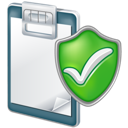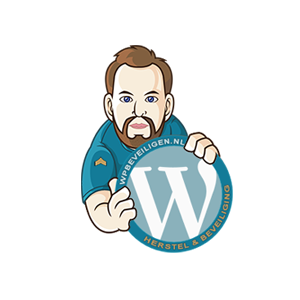CMS, CRM, DMS, ERP? What are they!
CMS – Content Management System
 |
The most well-known is CMS, the Content Management System. This manages content such as text, images, and more. A CMS like WordPress is free to use and makes online publishing of news easy. With a few clicks and a Word-like editor, you can write news that the CMS places on the server and makes visible online. |
The benefits of CMS:
1. Easy creation of new content.
2. Structuring the content layout.
3. Updating and populating from any location and PC.
DMS – Document Management System
 |
DMS should not be confused with CMS. It stands for Document Management System and is intended for managing documents. It is especially effective for large companies with many employees who want to share information without having to manually pass it on through copies via email or prints. |
Advantages of DMS:
1. Easily finding documents.
2. Reading various file formats.
3. Sharing and archiving documents.
4. Linking documents.
CRM – Customer Relation Management
 |
For managing your customers, you have CRM. Customer Relation Management helps you build a relationship with your customers and generate more satisfaction, ultimately aiming to retain customers longer and generate more revenue. Having a clear management system is beneficial both for your customers and yourself, so that you don’t lose track of your customers. |
Benefits of CRM:
1. Can generate more customer satisfaction.
2. Can build longer customer relationships.
3. Builds a better reputation resulting in positive publicity.
ERP – Enterprise Resource Planning
 |
For registering company data, you have ERP. It stands for Enterprise Resource Planning. It involves centralizing company data that is often entered by different departments. For example, the sales department enters customer data, data like quotes and sales orders. The logistics department will enter material data such as quantities and suppliers. To avoid entering all this information multiple times by different departments and make it available everywhere, you need ERP. |
Benefits of ERP:
1. Clear overview of project status.
2. Standardization for data input and extraction.
3. Working faster and more efficiently results in more income and fewer expenses.
